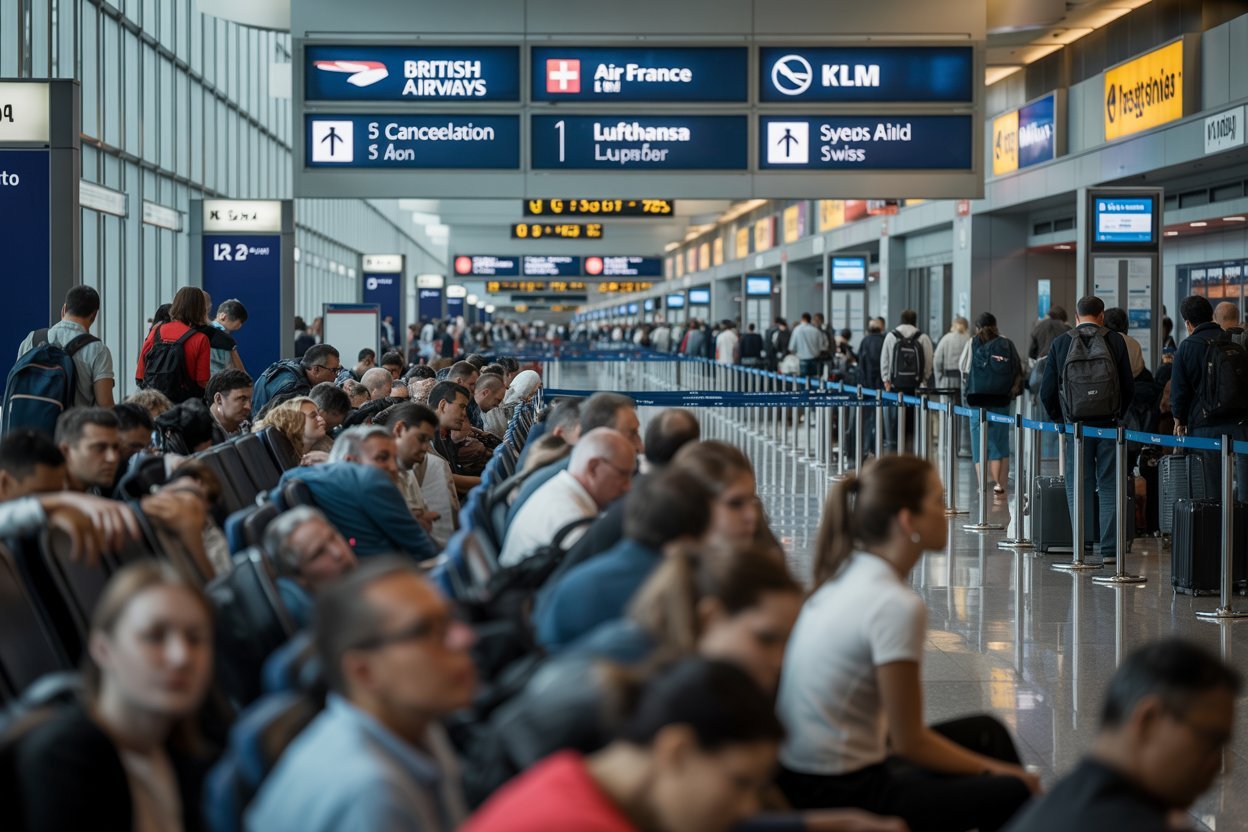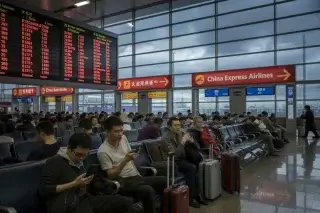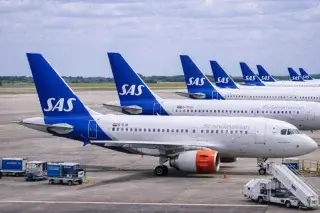News / Tourism & hospitality / France / Tourism France / Netherlands / Tourism Netherlands / Switzerland / Tourism Switzerland / Germany / Tourism Germany / Romania / Tourism Romania / Iceland / Tourism Iceland / Belgium / Tourism Belgium 23.11.2025
Thousands of Passengers Grounded Across Europe as Airlines Face 65 Cancellations and 1,824 Delays

Thousands of passengers across Europe have been left stranded as major airlines — British Airways, Air France, Lufthansa, KLM, Swiss, and others — grapple with over 65 flight cancellations and 1,824 delays across major hubs including Manchester, Paris, Amsterdam, Zurich, and Brussels.
European Airlines Hit by Widespread Disruptions
According to data from flight monitoring platforms, KLM reported the most significant delays — 307 flights (44%), followed by Lufthansa (331), Air France (268), and British Airways (211).
Regional airlines were not spared: TAROM cancelled 17% of flights, while Air Iceland Connect and Brussels Airlines faced disruption rates above 30%.
Major Airports Struggle Under Pressure
Europe’s busiest airports, including Amsterdam Schiphol, Zurich, Brussels, and Manchester, are struggling to cope with the cascading effects of delays.
At Amsterdam Schiphol, over 41% of flights were delayed, while Zurich Airport saw disruptions on 45% of departures.
In London Heathrow, 223 flights experienced delays, further straining international connections.
Causes: Weather and Workforce Shortages
The situation has been worsened by a combination of adverse weather conditions and persistent staffing shortages in air traffic control and ground operations.
Cold weather systems sweeping across Western Europe have disrupted operations since early November, creating backlogs at major airports and reducing turnaround efficiency.
Passenger Impact and Airline Response
Airlines such as British Airways, Air France, and Lufthansa have offered flexible rebooking and compensation options, but many travelers report insufficient communication and overcrowded terminals.
At airports like Paris Charles de Gaulle and Amsterdam Schiphol, hundreds of passengers spent the night waiting for rescheduled flights.
Long-Term Implications for European Aviation
The widespread disruptions highlight the fragility of Europe’s aviation network. With over 60% of international routes affected, the industry faces mounting pressure to invest in digital coordination systems, staff training, and climate resilience measures.
According to International Investment:
“This incident underscores systemic inefficiencies in Europe’s aviation ecosystem. Airlines are operating at capacity limits, yet infrastructure and staffing remain insufficient to handle volatility. Unless the EU prioritizes cross-border operational harmonization and technological upgrades, these disruptions will continue to erode confidence in Europe’s air travel reliability.”
Analysts note that without proactive reform, future travel seasons could see even more severe gridlock, especially amid unpredictable winter conditions.








